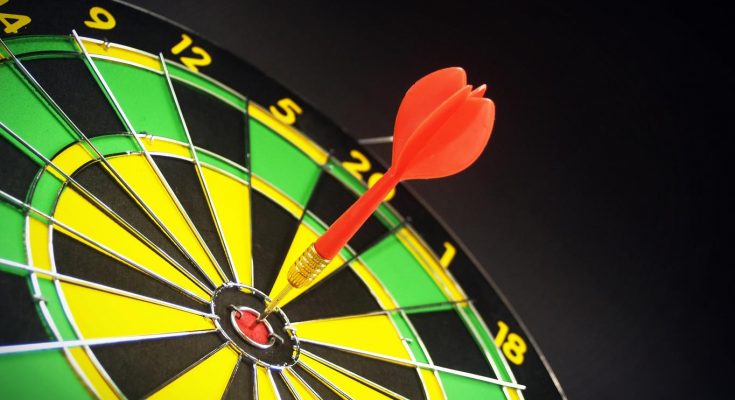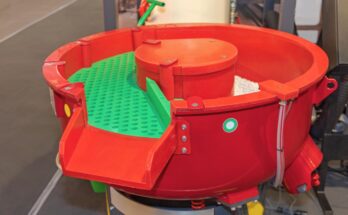Many words in the English language have very similar meanings, but with some key differences. While some synonyms convey two meanings with very little difference, other pairs have a greater degree of differences in what they mean. For example, the words ‘happy’ and ‘joyful’ both mean the same sense of elation, with only a slight difference in the intensity of the feeling. On the other hand, the words ‘air’ and ‘wind’ are synonyms, but the meanings they carry are fundamentally different. There can be air without wind, but there cannot be wind without air. Such an interesting pair is the words ‘accuracy’ and ‘precision’. Let’s begin with the dictionary definitions, and then we will understand how these words convey different meanings in real-life applications.
Definition of ‘accuracy’ and ‘precision’
According to Merriam Webster, ‘accuracy’ means ‘freedom from mistake or error’, ‘conformity to truth or to a standard or model’, and ‘degree of conformity of a measure to a standard or a true value’. All of them convey meanings that are associated with being without errors, mistakes, or abiding by some preset standard.
Now let’s have a look at what ‘precision’ means by Merriam-Webster. It means ‘the degree of refinement with which an operation is performed or a measurement stated’. The second definition pertains to mathematics and computer applications: ‘the accuracy (as in binary or decimal places) with which a number can be represented usually expressed in terms of the number of computer words available for representation’. In this second definition of ‘precision’ lies the fundamental semantic difference between the words ‘accuracy’ and ‘precision’. Let’s understand exactly how they have very different meanings in certain contexts.
Usage of the words in different scenarios
Some of us use precision and accuracy interchangeably, but engineers and scientists do not. To them, accuracy refers to the precision of a measurement, or how near it is to the actual. Precision, on the other hand, refers to a measurement system’s ability to produce the same answer every time it measures the same thing. This could explain why, even among nonscientists, “precision instruments”, “precision landings”, and “precision drilling” are phrases used in everyday lives.
Another key difference is that while ‘accuracy’ is a noun, ‘precision’ is used as both a noun and an adjective. Let’s understand what implication this has with examples.
If we want to talk about an engineer who has the finest tools, we will say ‘She has precision tools’. Saying ‘She has accuracy tools’ does not convey the proper meaning.
Understanding the difference with an example
The example of archery makes the difference clear. Precision is how exact that correctness is and how repeatable the results are, whereas accuracy is the extent of correctness. Consider the outcomes of a round of shooting practice.
Arrows are shot at a target, and measurements are made in reference to the target’s bull’s eye. The accuracy of the arrows refers to how near they are to hitting the bull’s eye. The more accurate the arrow, the closer it is to the bull’s eye.
The precision of the shots is determined by how consistently the arrows strike the target. When all or nearly all of the arrows are packed closely together, the shots can be deemed exact because they all landed on roughly the same area, albeit not necessarily near the bull’s-eye.
FAQ
What is the difference between accuracy and precision?
Some of us use precision and accuracy interchangeably, but engineers and scientists do not. To them, accuracy refers to the precision of a measurement, or how near it is to the actual. Precision, on the other hand, refers to a measurement system’s ability to produce the same answer every time it measures the same thing.
Additional Resources:
Artificial Intelligence



